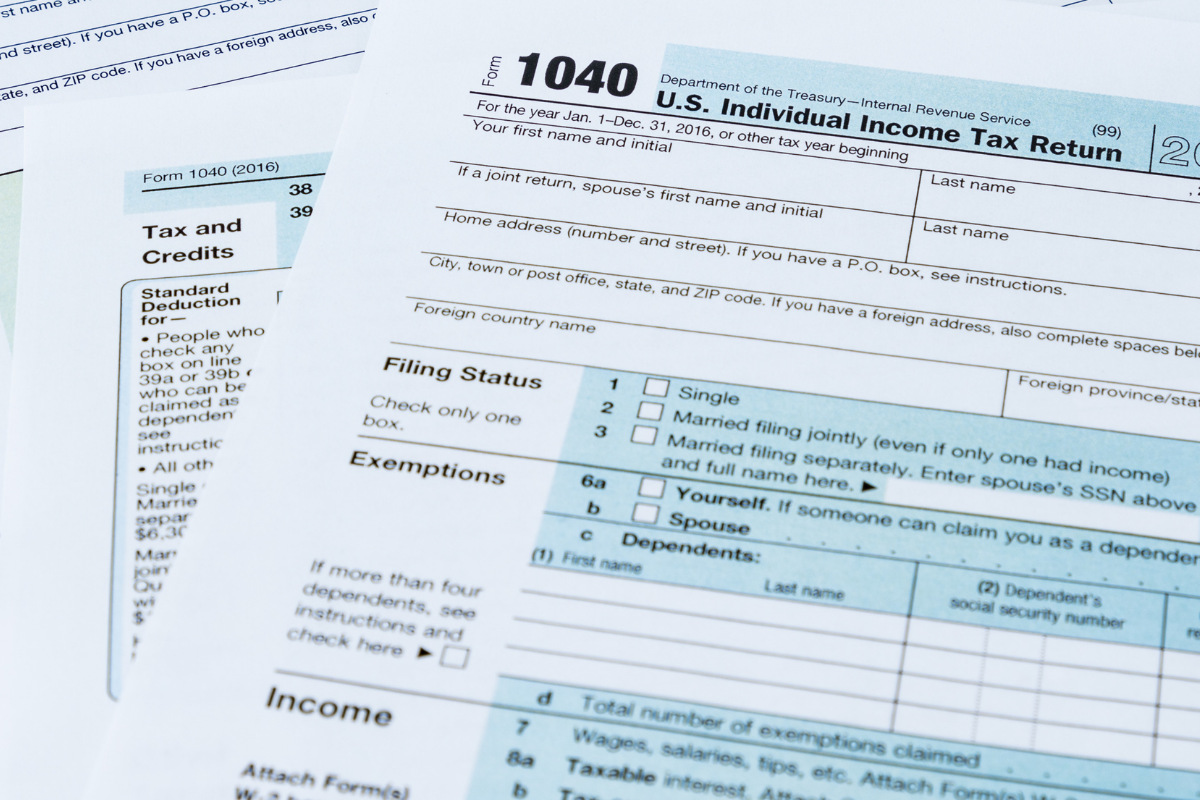Biden Tax Reform
President Biden has proposed significant reforms in the tax code in order to accommodate increased spending in the Build Back Better program and reduce federal deficits.
Here are the key takeaways:
There will be no tax increase for individuals making under $400,000 a year.
The top individual income tax bracket will return to 39.6%, from 37% in 2017.
The top rate on long-term capital gains will increase from 20% to 39.6%.
Taxpayers with incomes over 1 million will pay a tax of 43.4% on capital gains.
Child tax credit will be extended to $3,600 per child under 6 and $3,000 per child between 6 through 17, increased from $2,000.
The corporate rate will rise from 21% to 28%, with a 15% minimum for book income.
There will be a 21% tax on American corporations’ foreign income.
How will this affect me?
If you are an individual who makes less than $400,000, your tax rates will not increase. In addition, working-class and middle-class families with children stand to benefit from an increase in child tax credit.
However, Biden’s tax plan will increase taxes for corporations and most individuals with incomes over $400,000. Inherited assets will no longer benefit from the step-up in basis, which will increase capital gains taxes on estates.
Overall, taxes will be increased on high-income individuals and corporations. Several loopholes, primarily used by high net-worth individuals and corporations, will be closed. Most Americans will continue to pay similar or lower taxes than before, with a small portion paying higher taxes.
The bill is unlikely to pass in a divided Congress, with senator Joe Manchin having publicly opposed the bill twice. He is the most conservative Democrat in an evenly split Senate, and he does not appear willing to accommodate such spending and tax increases.
With the advent of the 2022 midterm elections, Democrats are projected to lose seats, which significantly decreases the chances of tax changes. However, Republican tax changes are likely to be vetoed by President Biden, so the current tax policy will likely continue at least until the 2024 presidential elections.
Sources:
Wall Street Journal
The White House
Investopedia
Treasury Department
Politico

